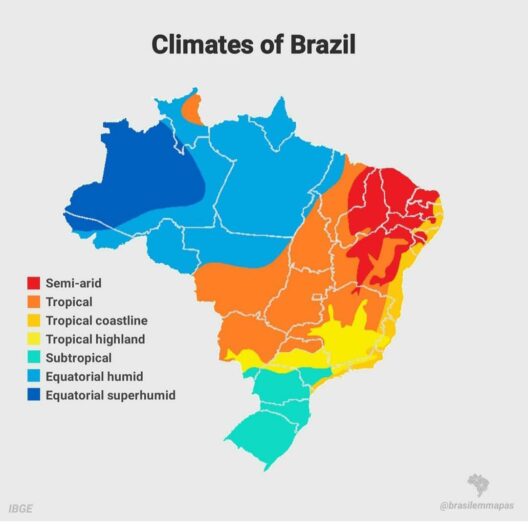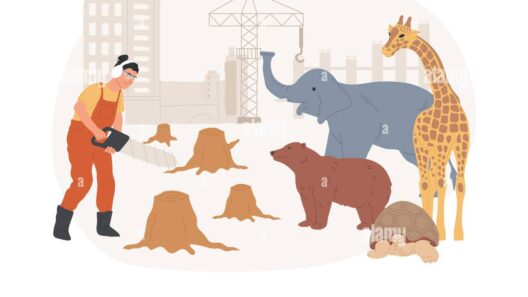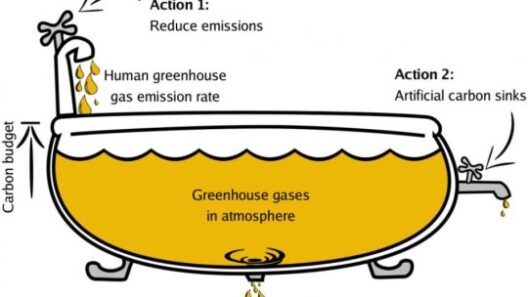As climate change looms large over the global landscape, the search for sustainable solutions becomes increasingly urgent. One often-overlooked avenue is the dietary choices we make daily. The phrase “You are what you eat” transcends mere physical health and tips into the realm of planetary well-being. Our diets play a pivotal role in the escalating crisis of global warming, particularly through the environmental repercussions of animal agriculture.
To comprehend the full impact of our food choices, one must first grasp the staggering statistics surrounding animal farming. The livestock sector contributes approximately 14.5% of all greenhouse gas emissions, according to the Food and Agriculture Organization (FAO). This number might seem abstract, but it translates into a staggering amount of CO2 equivalent gases released into the atmosphere. The methane produced by cattle alone is 25 times more potent in terms of global warming potential than carbon dioxide over a 100-year period. This realization leads to an inescapable question: How can our diets shift to ameliorate such dire consequences?
The allure of meat consumption is entrenched in cultural significance, culinary traditions, and even the allure of biodiversity on our plates. However, as environmental stewards, it is imperative to examine these customs through a critical lens. The sheer resource intensity of animal-based diets—from the water required for livestock maintenance to the vast tracts of land devoted to grazing—is unsustainable. For instance, producing just one kilogram of beef requires approximately 15,000 liters of water. Such figures starkly illuminate the stark trade-offs involved in our dietary preferences.
This leads us to the burgeoning market of plant-based alternatives, exemplified by brands like Beyond Meat. These alternatives mimic the sensory qualities of meat while offering a less environmentally taxing option. Beyond Meat, and other similar brands, have ignited a food revolution by providing products that appeal to both ardent meat-eaters and vegans alike. This is not merely a fleeting trend; it represents a paradigm shift in how society views protein sources.
The fascination with plant-based meats is multifaceted, stemming from their cultural resonance and broad acceptance. As the consumption of plant-based items becomes more widespread, it catalyzes discussions about sustainability and food ethics. People are questioning the industrial farming model not solely for its environmental impact but also for its ethical implications regarding animal welfare.
Moreover, the transition to a plant-centric diet does not necessitate an all-or-nothing approach. Incorporating more plant-based meals into one’s weekly diet can significantly reduce an individual’s carbon footprint. The concept of “Meatless Mondays,” for example, encourages a gradual adoption of plant-based meals, minimizing resistance from traditional carnivores. This incremental strategy not only makes dietary changes more palatable but also cultivates a culture of mindfulness around food choices.
But beyond individual dietary adjustments, a revolution in agriculture itself is warranted. Agroecological practices exhibit promise for transforming agricultural paradigms. These methods advocate for farming systems that celebrate biodiversity, promote soil health, and prioritize local economies. By shifting away from the monoculture practices predominant in industrial farming, we can enhance food systems’ resilience against climate change.
Additionally, the economic implications of a shift toward plant-based diets are significant. There is an undeniable economic incentive for investing in alternative protein sources. The plant-based food market is projected to swell in value, surpassing $74 billion by 2027. This presents an opportunity for farmers, entrepreneurs, and industries to pivot towards sustainability while securing financial viability.
Yet, structural challenges must be navigated for this food revolution to take root. Subsidies have long favored animal agriculture, incentivizing meat production at the expense of plant-based alternatives. Reexamining these policies is critical to catalyze a societal shift towards plant-centric diets. Encouraging government and institutional support for plant-based products could align agricultural practices with environmental sustainability goals, thereby influencing consumer behavior at a larger scale.
Public awareness campaigns and educational initiatives play a crucial role in expounding the benefits of plant-based diets. Bridging the knowledge gap concerning the environmental implications of food choices empowers consumers. Workshops, cooking classes, and community programs can demystify plant-based cooking techniques and foster an appreciation for the cornucopia of flavorful options available.
In conclusion, the nexus between dietary choices and climate change presents an urgent call to action. Our fascination with meat and the culinary traditions surrounding it can no longer overshadow the significant environmental toll of animal husbandry. By embracing plant-based alternatives and shifting to sustainable agricultural practices, we can collectively mitigate the impacts of global warming. This evolution in our diets is not merely an individual choice but a movement toward a more sustainable, equitable food system for generations to come.








